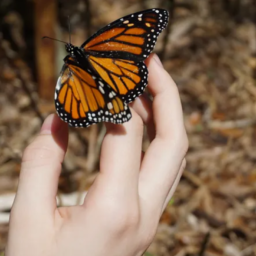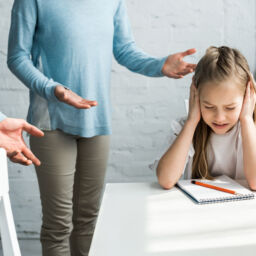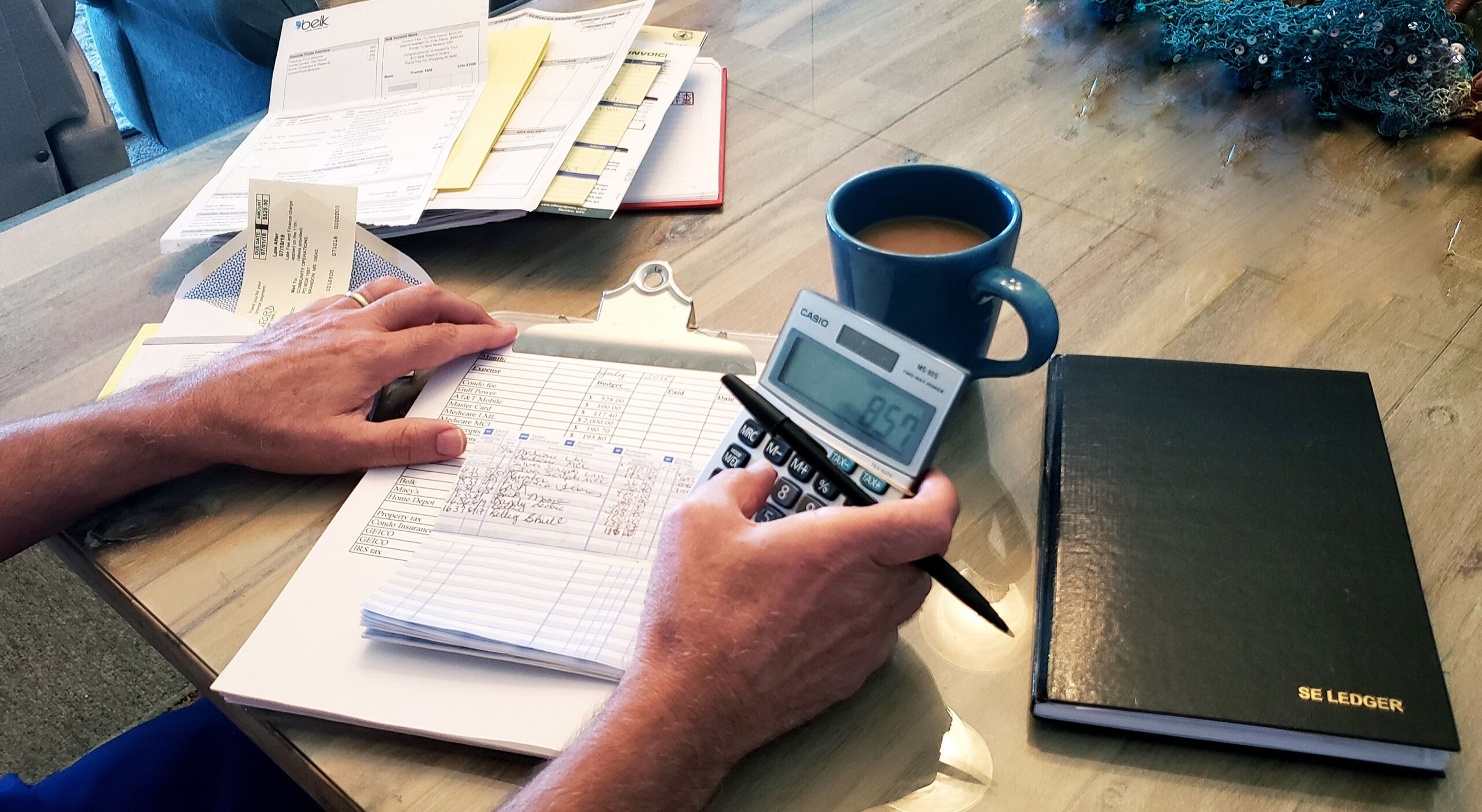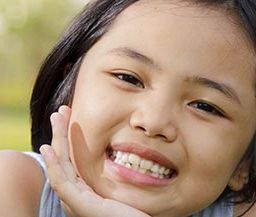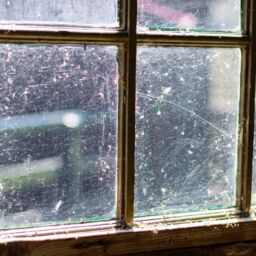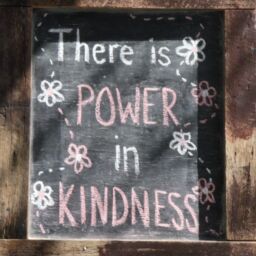
Child Abuse And Addiction: A Vicious Cycle
by- Amanda Hildreth
All types of Child Abuse, including Sexual, Physical, Emotional, and child neglect, can have long-term consequences throughout someone’s life (The National Foundation To End Child Abuse and Neglect, 2023).
Child Abuse affects one in four children in the United States. Child Abuse can cause a variety of effects, including post-traumatic stress disorder and an increased risk of developing a substance use problem later in life (The National Foundation To End Child Abuse and Neglect, 2023).
Although not every child who experiences abuse will struggle with using substances, there is a significant link between Child Abuse and substance use (The National Foundation To End Child Abuse and Neglect, 2023).
Why Child Abuse May Lead to Substance Use
Studies have shown that Child Abuse is one of the most common predictors of substance use leading into adulthood. Child Abuse may lead to long-term emotional and psychological damage, which further increases the risk of substance use as they try to deal with stress and trauma (The National Foundation To End Child Abuse and Neglect, 2023).
Child Abuse also affects brain development in areas that regulate emotions and manage impulses. Emotional regulation in childhood is developed through interactions with parents and other important adults in the child’s life. In a home environment where Child Abuse is occurring, children are not exposed to appropriate behaviors to manage and express emotions (The National Foundation To End Child Abuse and Neglect, 2023).
A lack of emotional regulation results in a child’s inability to manage negative emotions in adulthood, and they may find unhealthy ways to manage negative emotions, such as using substances (The National Foundation To End Child Abuse and Neglect, 2023).
Research has also shown a link between exposure to trauma and substance use. About 96.5% of adults living with a substance use disorder have experienced at least one traumatic event in their lifetime (Mandavia, Robinson, Bradley, Ressler, and Powers, 2016).
The Effect of Parental Addiction On Children
Many children who experience child neglect and abuse also have parents who are living with an active addiction. Around 25% of children in the United States are exposed to Alcohol Abuse alone within their families (Shoreline Recovery Center, 2022).
Children of substance abusers are at risk for various emotional, social, and behavioral issues as well as cognitive challenges (Shoreline Recovery Center, 2022).
Parents who are addicted often can’t provide structure or a loving environment, which leads to adverse health effects as well as problems with their physical and emotional development and also increases their risk of experiencing Sexual or Physical Abuse (Shoreline Recovery Center, 2022).
When a parent or caregiver is living with addiction, they are also often living with at least one mental health disorder, which places children at high risk for child neglect (Shoreline Recovery Center, 2022).
Signs To Be Aware Of
When a child is experiencing problems at home due to a parent misusing drugs or alcohol or due to Child Abuse, there are often noticeable signs.
Signs to be aware of in the child may include (Shoreline Recovery Center, 2022) and (Stanford Medicine, 2024):
- Being angry or aggressive
- Having behavioral problems
- Having low self-esteem
- Showing signs of depression
- Self-harming
- Failing to meet school requests that involve parents
- Becoming scared if the school contacts their parents
- Fear
- Anxiety
- Social withdrawal
- Poor concentration
- Abnormal weight gain or loss
- Poor hygiene
- Burns
- Bites
- Lacerations
- Bruising
The child’s parents may also seem evasive or have inconsistent stories about why the child is having an issue or injury.
What To Do If You Suspect A Child Is Being Abused
If a child is in immediate danger or has been severely injured due to abuse, call 911. Otherwise, if you suspect Child Abuse, there are some crucial steps you should take before making a report.
Before making a report (RAINN, 2024):
- Tell the child you will talk to someone who will help them, and ensure them that you are doing so for their safety.
- Ensure that the child is in a safe place. If you fear that the abuser will cause further harm to the child after you make the report, communicate this to the authorities.
- Be ready to provide identifying information such as the nature of the abuse, your relationship with the child, etc.
We offer Norm Therapy® sessions through our website, where you can talk to a Norm Therapist® about what you are experiencing. Visit our website to learn more at GoARO.org. Each state has a local agency where you can report Child Abuse, which can be found on the Child Welfare website. The Childhelp National Child Abuse Hotline provides professional crisis counselors who are reachable 24 hours a day, seven days a week. You can also call your local police precinct (Child Welfare Information Gateway, 2024). For international needs and services, please contact:
- The International Society for Prevention of Child Abuse and Neglect: http://www.ispcan.org/
- World Health Organization: World Health Organization (WHO)
- Kidpower International: Child Abuse Prevention | Kidpower International
- Child Rights International Network: CRIN – Child Rights International Network
- Child Helpline International: Child Helpline International – Every Child Has a Voice. No child should be left unheard.
- CDC- Additional Resources|Child Abuse and Neglect|Violence Prevention|Injury Center|CDC
- 4C for Children- Child Abuse Prevention & Positive Parenting | 4C for Children
At ARO, we are here to support your personal healing journey towards your complete well-being. We bring solutions and real-time education for 21 different types of abuses. The most prevalent abuses are Sexual Abuse, Spousal Abuse, Physical Abuse, Psychological Abuse, Narcissistic Abuse, Financial Abuse, Self Abuse, Elderly Abuse, Isolation Abuse, Child Abuse, Bullying, Cyberbullying, Workplace Abuse, Religious Abuse, Medical Abuse, Food Abuse, Authority Abuse, Educational Abuse, Child Sexual Exploitation, Sex Trafficking, and Political Abuse. Support our efforts by visiting GoARO.org and NormTherapy.com to sign up for Norm Therapist® Training to become one of our dynamic staff members who serve Victims and Survivors of abuse worldwide, schedule Norm Therapy® sessions, become a Live Stream volunteer, join our mailing list to learn how you can make an impact on the Abuse Care Community, and provide life-saving financial assistance with a generous donation.
Sources:
The National Foundation to End Child Abuse and Neglect. (2023, January 31). The link between child abuse and substance abuse. ;
Mandavia, A., Robinson, G. G. N., Bradley, B., Ressler, K. J., & Powers, A. (2016, October). Exposure to childhood abuse and later substance use: Indirect effects of emotion dysregulation and exposure to trauma. Journal of traumatic stress. ;
Impact of parental substance misuse on child development. SHORELINE Recovery Center | Alcohol and Drug Rehab San Diego. (2022, April 4). ;
Stanford Medicine. (2024). Signs & Symptoms of Abuse/Neglect. Child Abuse. ;
RAINN. (2024). If you suspect a child is being harmed. ;
Child Welfare Information Gateway. (2024). How to report Child abuse and neglect. ;



